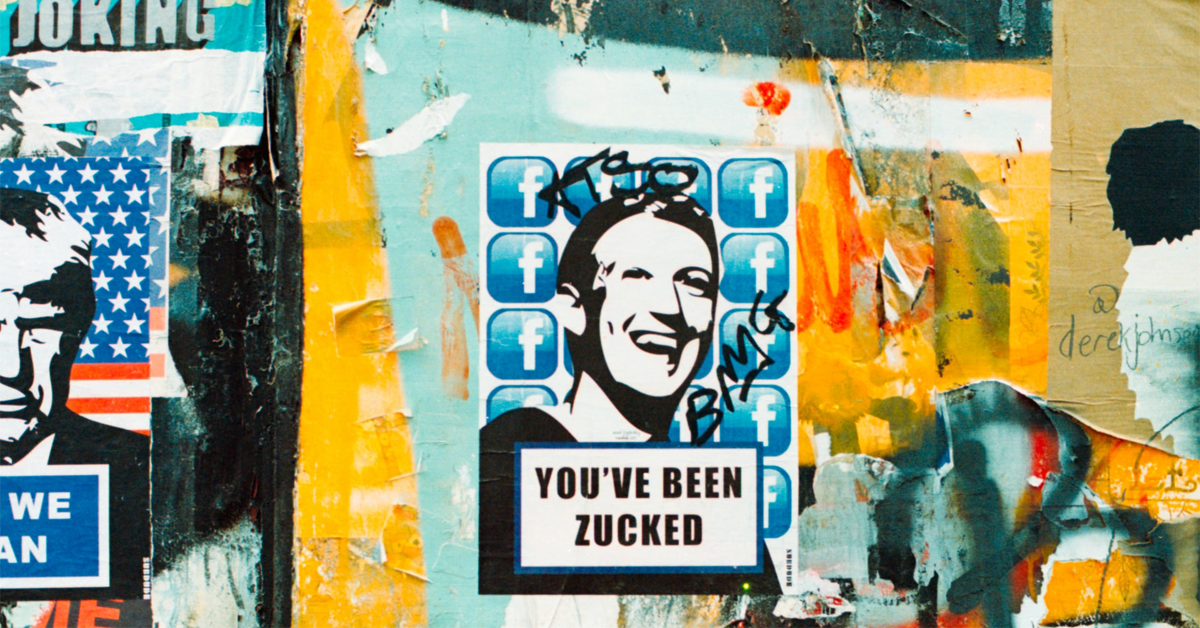Australia, we have a loneliness problem.
According to the Australian Loneliness Report, one in four Aussie adults report feeling lonely three or more days a week.
And for the young Australians aged 15 to 24 we surveyed as part of our Gen Z wellbeing research, 38% said they were suffering from loneliness.
So could the metaverse be a controversial solution to loneliness, especially for teens today who’ve grown up online?
Microsoft describes the metaverse as “a digital space inhabited by digital representations of people, places, and things”. It’s not just a ‘vision’, but “an internet that we can actually interact with like we do in the physical world” – via digital ‘selves’, or ‘avatars’.
Meta founder Mark Zuckerberg adds that “importantly, the metaverse is characterised by social presence – the feeling that you’re right there with another person, no matter where in the world you happen to be.”
Social media on steroids?
Now, research from the University of Wollongong does show that social media can be used as a tool to build and strengthen genuine connections with others, and is especially effective in decreasing loneliness when used to enhance existing relationships like during pandemic iso.
So, surely the metaverse’s heightened immersion could amplify those positive impacts and help decrease loneliness even more, right? Like social media on steroids?
Well, it depends.
While tech industry enthusiasts celebrate the metaverse for its ability to facilitate algorithmically-enhanced connections to anyone, anywhere, associate Professor Roger Patulny of the University of Wollongong, says it’s important to make the distinction between social and emotional loneliness and consider the quality of virtual relationships when evaluating a tool’s effectiveness in reducing loneliness.
He highlights the difference between “‘social loneliness’ – a lack of contact with others – and ‘emotional loneliness’, which can persist regardless of how many “connections” you have, especially if they do not provide support, affirm identity and create feelings of belonging.”
So the virtual relationships we make in the metaverse could help with social loneliness, but would probably do little to reduce emotional loneliness – which psychologists say is best alleviated by face-to-face contact or online support groups.
Put simply, the Metaverse is unlikely to cure our loneliness epidemic.
Risks to young people
Psychologist and director for medical virtual reality at USC’s Institute for Creative Technologies, Albert Rizzo, told CNBC Make It about the potential negative psychosocial impacts the metaverse’s heightened immersion can have.
“There’s a potency about being immersed in a world that is different than observing and interacting… through a flat-screen monitor,” he said.
“Once you’re actually embodied in a space, even though you can’t be physically touched, we can be exposed to things that take on a level of realism that could be psychologically assaulting.”
And the difficulties of monitoring safety and enforcing safety policies in the metaverse could make it particularly dangerous for young people according to the Centre for Countering Digital Hate CEO Imran Ahmed.
“Virtual reality really does need a lot of safety built-in from the start, because you can’t search (the metaverse) for hate or sexual abuse,” he said.
“You can’t. It happens in an instant (and) there’s nothing you can do.”
Then there’s the question of how much the creators of the metaverse can be trusted to have even more power and influence over mental health and online addiction.
Ultimately, “all of these new tools, and all of these new possibilities, could be used for good or for evil,” says Mitch Prinstein, chief science officer for the American Psychological Association.
His advice?
“Find ways to incentivise these companies to use these brilliant tools to actually improve society,” he says.
“Right now, they’re incentivised to make a profit.”
While tech industry enthusiasts celebrate the metaverse for its ability to facilitate algorithmically-enhanced connections to anyone, anywhere, associate Professor Roger Patulny of the University of Wollongong, says it’s important to make the distinction between social and emotional loneliness and consider the quality of virtual relationships when evaluating a tool’s effectiveness in reducing loneliness.
He highlights the difference between “‘social loneliness’ – a lack of contact with others – and ‘emotional loneliness’, which can persist regardless of how many “connections” you have, especially if they do not provide support, affirm identity and create feelings of belonging.”
So the virtual relationships we make in the metaverse could help with social loneliness, but would probably do little to reduce emotional loneliness – which psychologists say is best alleviated by face-to-face contact or online support groups.
Put simply, the Metaverse is unlikely to cure our loneliness epidemic.
Risks to young people
Psychologist and director for medical virtual reality at USC’s Institute for Creative Technologies, Albert Rizzo, told CNBC Make It about the potential negative psychosocial impacts the metaverse’s heightened immersion can have.
“There’s a potency about being immersed in a world that is different than observing and interacting… through a flat-screen monitor,” he said.
“Once you’re actually embodied in a space, even though you can’t be physically touched, we can be exposed to things that take on a level of realism that could be psychologically assaulting.”
And the difficulties of monitoring safety and enforcing safety policies in the metaverse could make it particularly dangerous for young people according to the Centre for Countering Digital Hate CEO Imran Ahmed.
“Virtual reality really does need a lot of safety built-in from the start, because you can’t search (the metaverse) for hate or sexual abuse,” he said.
“You can’t. It happens in an instant (and) there’s nothing you can do.”
Then there’s the question of how much the creators of the metaverse can be trusted to have even more power and influence over mental health and online addiction.
Ultimately, “all of these new tools, and all of these new possibilities, could be used for good or for evil,” says Mitch Prinstein, chief science officer for the American Psychological Association.
His advice?
“Find ways to incentivise these companies to use these brilliant tools to actually improve society,” he says.
“Right now, they’re incentivised to make a profit.”






